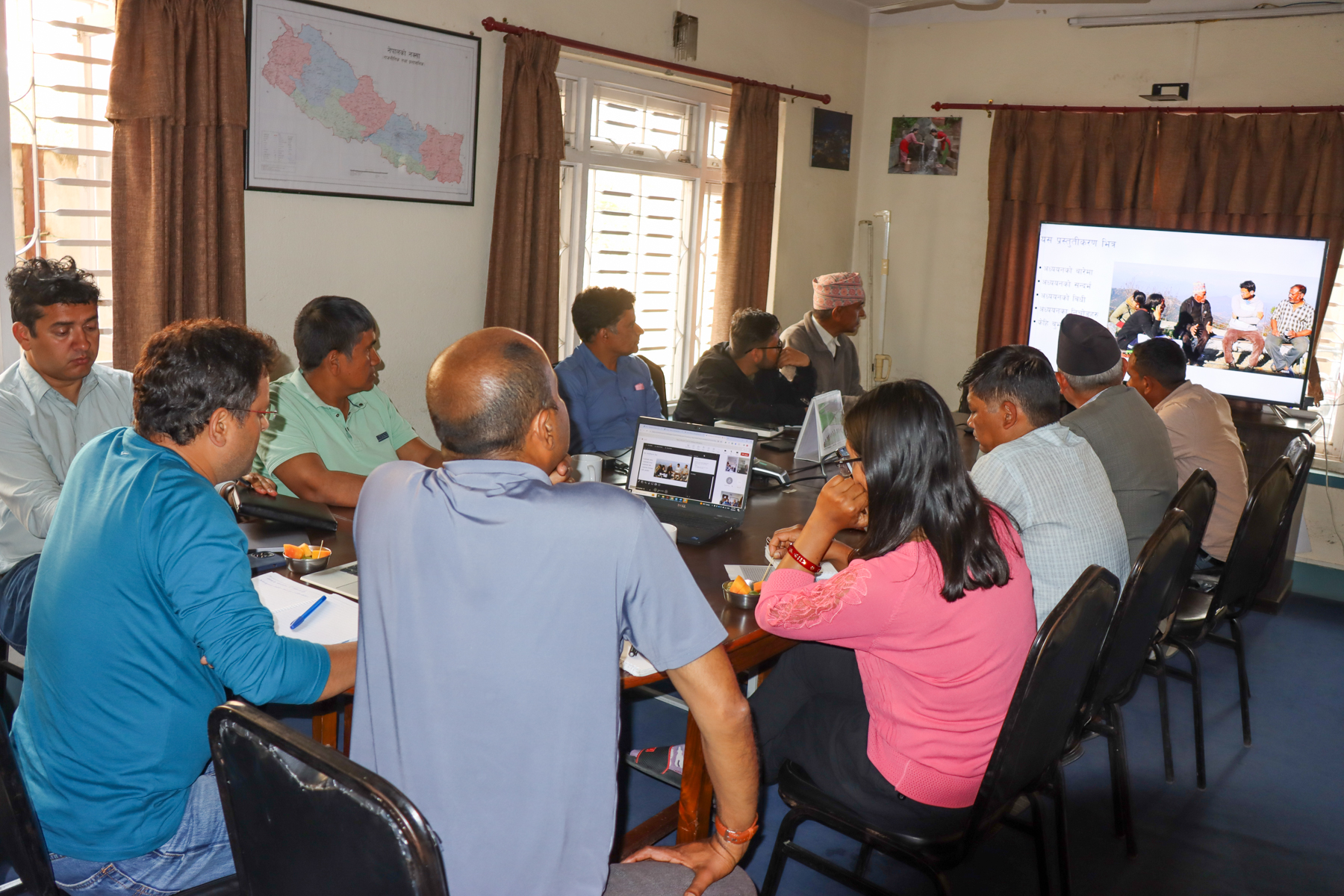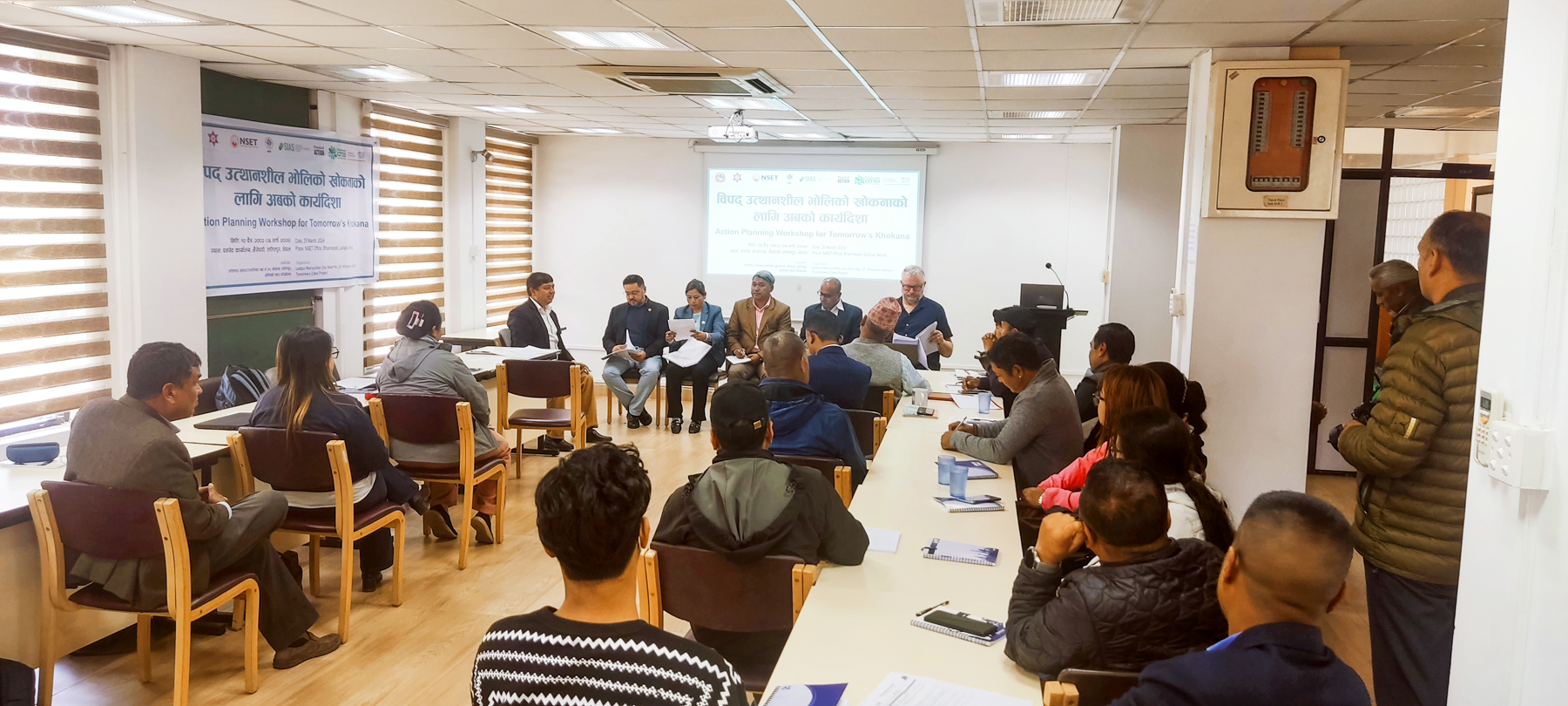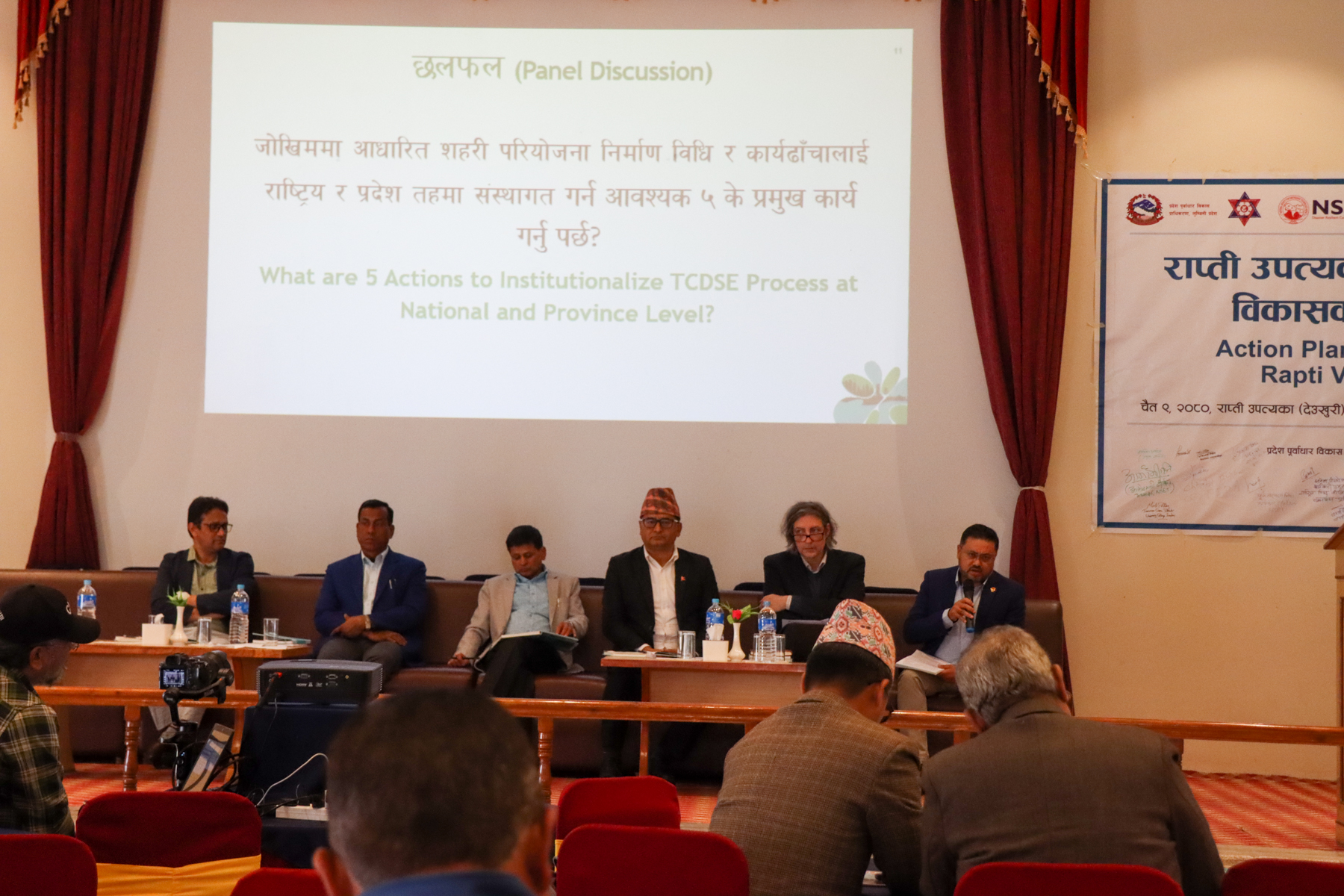Himalayas and the civilization thriving on its foothills are one of the most vulnerable in the present changing climatic context. Regrettably these same nations in south Asia are also categorised as the ‘developing’ in process of transitioning into ‘developed’ countries. As development always has an environmental cost, issues overlapping development and environment naturally becomes the most significant in national and regional discourse in these countries. Despite a number of research studies being conducted individually and institutionally on these issues, the overall knowledge production system remains disjoint owing to a lack of common platform where researchers can meaningfully engage with each other to share knowledge. Specifically in case of Nepal, the handful of conferences that takes place every year can only provide limited intellectual engagement between the researcher and audience.
Cognizant of this gap, and with the aim to build upon prior overwhelming engagement of intellectuals in the seminar series on Himalaya, Climate Change and Development (2013-2016), SIAS along with its partners have revived its previous seminar series with a new modality. Now renamed Future Himalaya: Seminar Series on Environment and Development is an informal research sharing venue to present recent and on-going studies. Not limiting itself to presentation and feedback loop, the seminar is also a platform for researcher to build social and intellectual relationship with contemporaries and experts from diverse array of research tradition within the overarching theme.
The seminar series aims to stimulate critical discussion on contemporary issues lying in the intersection of environment and development. The specific objectives of the seminar series are:
- To provide space for researchers to present their recent and on-going research to contemporary researchers and experts
- To build community and collegiality by setting the venue for research communication.
Invited scholars (emerging young researchers and academicians) can present their research findings, conceptual and theoretical models or methodological innovations. Besides, special lecture/seminar/workshop will be organized twice a year led by pioneer researchers/experts/academicians working in the same field.
Research seminar series a bi-monthly event with open access to everyone interested. The seminar is planned for 1.5 hours, with first 45 minutes for presentation and the later half to engage with the audience for discussion and debate. Time and venue of the seminar will be communicatedthrough email to the network of scholars associated with each partners.




